Efficient forklift fleet management is crucial for any organisation involved in material handling operations. It not only ensures the smooth functioning of your operations but also significantly impacts your bottom line. By implementing a range of strategies, you can optimise efficiency, reduce operational costs, and create a safer working environment for your employees. In this blog, we’ll delve into these strategies in detail to help you manage your forklift fleet more effectively.
Regular Maintenance and Inspections:
One of the foundational pillars of forklift fleet management is regular maintenance and inspections. To keep your forklifts in optimal working condition, it’s essential to implement a strict maintenance schedule. Routine maintenance tasks, such as oil changes, filter replacements, and safety inspections, should be carried out at scheduled intervals. Preventive maintenance not only extends the lifespan of your forklifts but also minimises costly breakdowns that can disrupt operations and lead to unexpected expenses.
Regular inspections are equally important. By conducting thorough checks on your forklifts, you can identify and address issues before they escalate into major problems. These inspections should cover critical components like the engine, brakes, hydraulics, and tires.
Telematics and Fleet Tracking:
Modern technology has revolutionised fleet management, and forklifts are no exception. Utilising telematics and GPS tracking systems allows you to monitor the location, usage, and performance of each forklift in real time. With access to this data, you can make informed decisions that will optimise your fleet’s performance. For example, if a forklift is consistently underutilised or misused, you can reassign it to a more suitable role or conduct additional operator training.
Operator Training and Certification:
Your forklift operators play a crucial role in ensuring both safety and efficiency. Ensuring that all your operators are properly trained and certified is not only a legal requirement but also a fundamental aspect of fleet management. Training should be ongoing, and retraining may be necessary when operators exhibit poor performance or encounter accidents. Well-trained operators are more likely to handle forklifts safely and effectively, leading to fewer accidents and a smoother operation.

Right-Sizing Your Fleet:
Analyse your forklift fleet size and composition based on workload and usage patterns. Over time, your operational needs may change, so it’s essential to continually assess whether you have the right number of forklifts for the job. Removing underutilised or redundant forklifts can significantly reduce your operating costs, as it eliminates the expenses associated with maintaining and operating excess equipment.
Proactive Repairs:
Addressing maintenance issues promptly is a key component of fleet management. The sooner you tackle problems, the less likely they are to escalate into more extensive and expensive repairs. To facilitate quick fixes, it’s beneficial to keep a well-stocked inventory of commonly needed replacement parts. This ensures minimal downtime and reduces the chances of costly breakdowns.
Replacement Planning:
As forklifts age, they become more prone to breakdowns and inefficiencies. To avoid unexpected issues and costly repairs, develop a replacement strategy for aging forklifts. Consider factors such as the forklift’s maintenance history, depreciation, and the availability of newer, more energy-efficient models. Replacing older units can reduce long-term operational costs and increase overall efficiency.
Load Optimisation:
Efficient loading is a skill that can significantly impact your fleet’s performance. Train operators to load forklifts efficiently and avoid overloading, which can lead to wear and tear on the equipment. Using the right attachments and accessories for specific load types also improves efficiency and reduces the risk of damage to goods or forklifts.
Safety Protocols:
Implementing and enforcing safety protocols is non-negotiable. Forklifts can be dangerous machines, and accidents can result in costly damage to forklifts and injuries to operators. Ensure that your operators are well-versed in safety procedures and that these protocols are strictly followed. Regular safety audits and refresher training can also help maintain a culture of safety within your organisation.
Lease vs. Purchase:
Evaluating whether leasing forklifts is a more cost-effective option than purchasing is a vital consideration in fleet management. This decision should be based on factors such as the duration of the project, the frequency of equipment use, and your fleet’s size fluctuation. Leasing can be a cost-effective solution for short-term projects or when your fleet size varies over time.
Ergonomics and Operator Comfort:
Operator comfort is not just about employee well-being; it can also have a significant impact on productivity and safety. Consider making ergonomic enhancements to your forklifts to reduce operator fatigue. Fatigue can lead to accidents and inefficiency, so investing in features like ergonomic seating, climate control, and noise reduction can result in long-term cost savings.
In conclusion, efficient forklift fleet management is a multifaceted endeavor that involves a combination of regular maintenance, technology integration, operator training, and careful planning. By implementing these strategies and continuously monitoring your forklift fleet’s performance, you can achieve improved efficiency, reduced operational costs, and a safer working environment. With a well-managed forklift fleet, your material handling operations will run smoothly and contribute to the overall success of your business.



